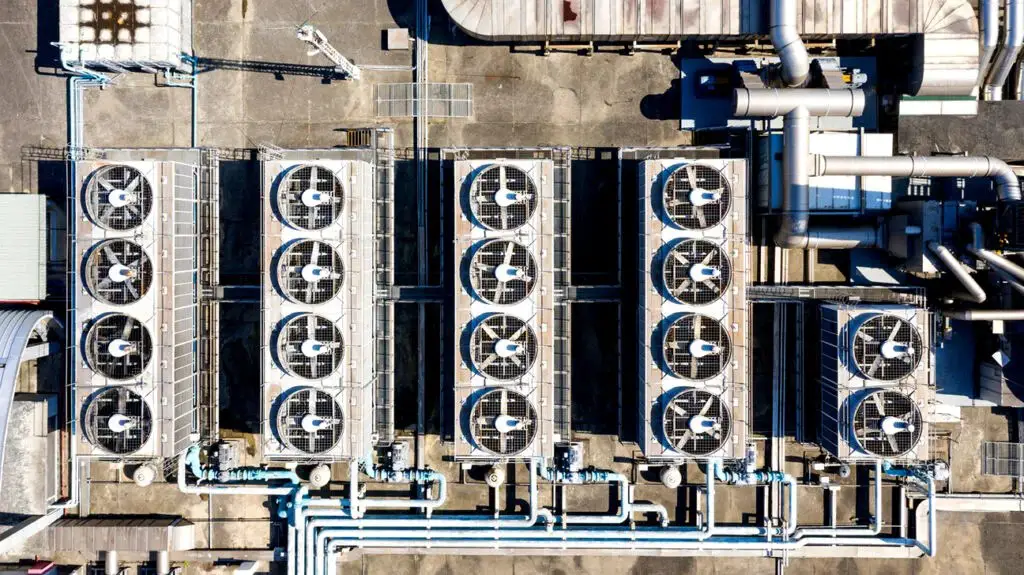As the temperature rises, many of us rely on air conditioners to keep our homes and offices cool and comfortable. While air conditioners have become a staple in modern living, there has been a longstanding debate about whether they can cause headaches. In this article, we will explore the potential link between air conditioners and headaches, as well as provide insights into how to mitigate any potential negative effects.

Credit: www.blueheatingandcooling.com
Potential Causes of Headaches from Air Conditioners
There are several factors related to air conditioners that could contribute to headaches in some individuals:
1. Dry Air
Air conditioners work by removing moisture from the air, which can lead to indoor air that is drier than usual. Prolonged exposure to dry air may cause dehydration and subsequently lead to headaches in some people.
2. Poor Air Quality
If an air conditioner is not properly maintained, it can become a breeding ground for mold, bacteria, and other allergens. Inhaling these pollutants can trigger sinus issues and headaches in susceptible individuals.
3. Temperature Fluctuations
Rapid changes in temperature, such as walking from a hot outdoor environment into a heavily air-conditioned space, can potentially trigger headaches in certain individuals.
Ways to Mitigate the Impact of Air Conditioners on Headaches
While the potential link between air conditioners and headaches exists, there are several measures that can be taken to minimize any adverse effects:
1. Keep The Air Conditioner Clean
Regular maintenance and cleaning of air conditioning units can prevent the buildup of dirt, mold, and other contaminants that may contribute to poor indoor air quality and subsequent headaches.
2. Use A Humidifier
To combat the issue of dry air, using a humidifier alongside the air conditioner can help maintain a comfortable level of indoor humidity and reduce the risk of dehydration and associated headaches.
3. Gradual Temperature Adjustments
To avoid abrupt temperature changes, it is advisable to set the air conditioner to a moderate temperature and avoid extreme variations that could potentially trigger headaches.
4. Stay Hydrated
Since air conditioners can contribute to dry air, it is important to stay well-hydrated by drinking an adequate amount of water throughout the day, especially in air-conditioned environments.
Conclusion
While air conditioners are generally safe and effective in cooling indoor spaces, certain individuals may be susceptible to headaches due to various factors related to their usage. By understanding the potential causes and implementing strategies to minimize their impact, it is possible to enjoy the benefits of air conditioning while minimizing the risk of associated headaches.
Ultimately, being mindful of indoor air quality, maintaining the air conditioning unit, and taking steps to address issues such as dry air and temperature fluctuations can help individuals create a comfortable and headache-free environment, even during the hottest months of the year.

